Taking a look at forgotten Black stories
Photo used with permission from Google Commons
A mural located at the William Grant Still Art Center of Los Angeles, depicts William Grant Still electrifyingly conducting an orchestral score.
Nigerian novelist Chinua Achebe once said, “It is the storyteller who makes us what we are, who creates history.”
Throughout history, Black stories have been told through white filters. In the late 1800s, the Daughters of the Confederacy rewrote slavery and Civil War history in public school textbooks across the South. Historic preservation projects in the 1930s intentionally erased the history of Black people in the Colonial era.
The whitewashing of Black history and the erasure of the important role Black people played in American society is a prevalent issue that needs to be addressed and corrected. According to CNN, “In the thick of a nationwide reckoning with racism and a pandemic that’s disproportionately killed Black Americans, students and faculty in local communities across the nation are demanding better Black history programs in schools.”
Black people have had a massive influence on not only American culture but cultures around the world. Black history is not just fighting racism and oppression. It is also the countless achievements and contributions Black people have made to society. Instead of only focusing on the same handful of prominent Black figures, we should strive to learn about forgotten change makers.
For example, the hidden figure of GPS is Gladys West, a mathematician who in the 1950s and 60s laid the groundwork for one of the most important technologies of today. Another example is Claudette Colvin, who, at only 15 years old, refused to give up her seat on a bus in Montgomery, AL, in 1955. This act of bravery later inspired Rosa Parks to do the same.
Jane Bolin, the first Black woman to attend Yale Law school and later become the first Black female judge, changed segregationist policies and fought discrimination in hiring. Finally, William Grant Still, “the Dean” of Black composers, changed the course of classical music for those who came after him. According to Britannica, Still was “the first African American to conduct a professional symphony orchestra in the United States.”
In addition to Black history being forgotten, there is also Black history that is watered down or intentionally unspoken. Why don’t we learn about Black radicals like Angela Davis, Malcolm X, or the Black Panthers in school? Why don’t we ever discuss Martin Luther King Jr.’s views on police brutality or wealth distribution? Why is it that Rosa Parks is not known for her work with the NAACP to bring justice for Black women who were sexually assaulted by white men? The truth is these stories are seen as controversial and make people uncomfortable. However, that discomfort is essential to understanding the complexity of the issues that faced Black America, and are still affecting Black people today.
During Black History month, it is important to remember that Black history is happening all around us. Every day, Black people continue to overcome obstacles and achieve excellence.
Your donation will support the student journalists of Thomas S. Wootton High School. Your contribution will allow us to purchase equipment and cover our annual website hosting costs.
Daniel Sofer is a junior and a managing editor in his fourth year with Common Sense. When he's not writing articles, Daniel enjoys biking, watching...


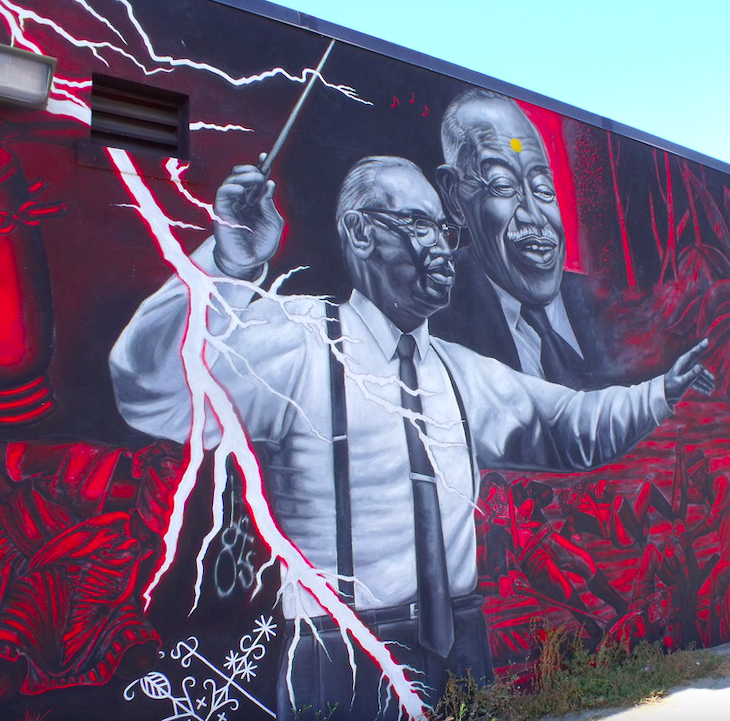

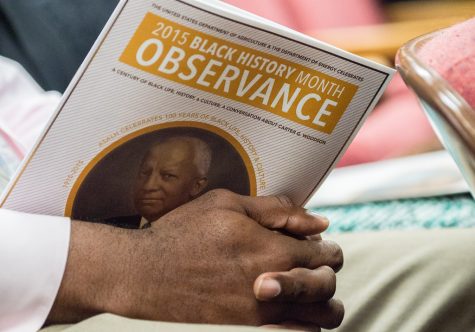
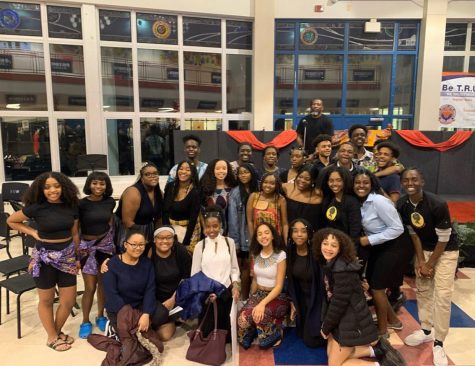

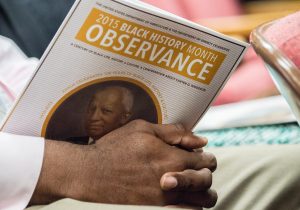
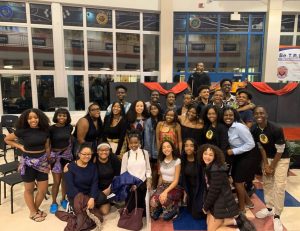


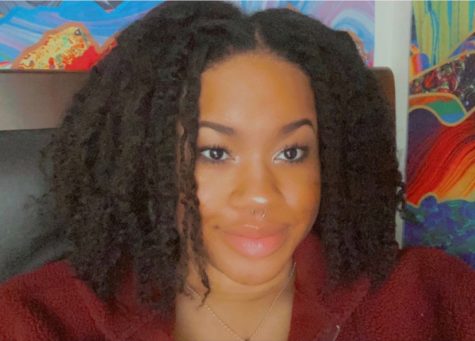

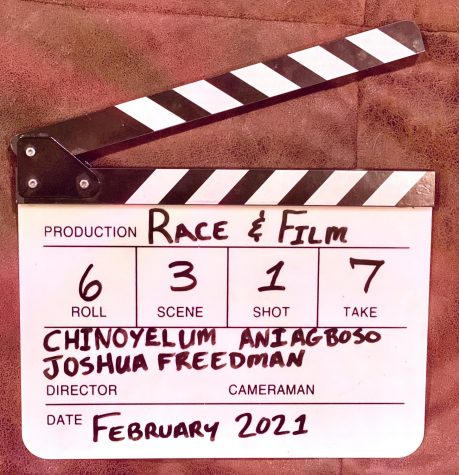


Mavis Okechukwu • Feb 19, 2021 at 9:42 am
This was a brilliant piece written by Ona Olisa! She should be given more credit for this piece!